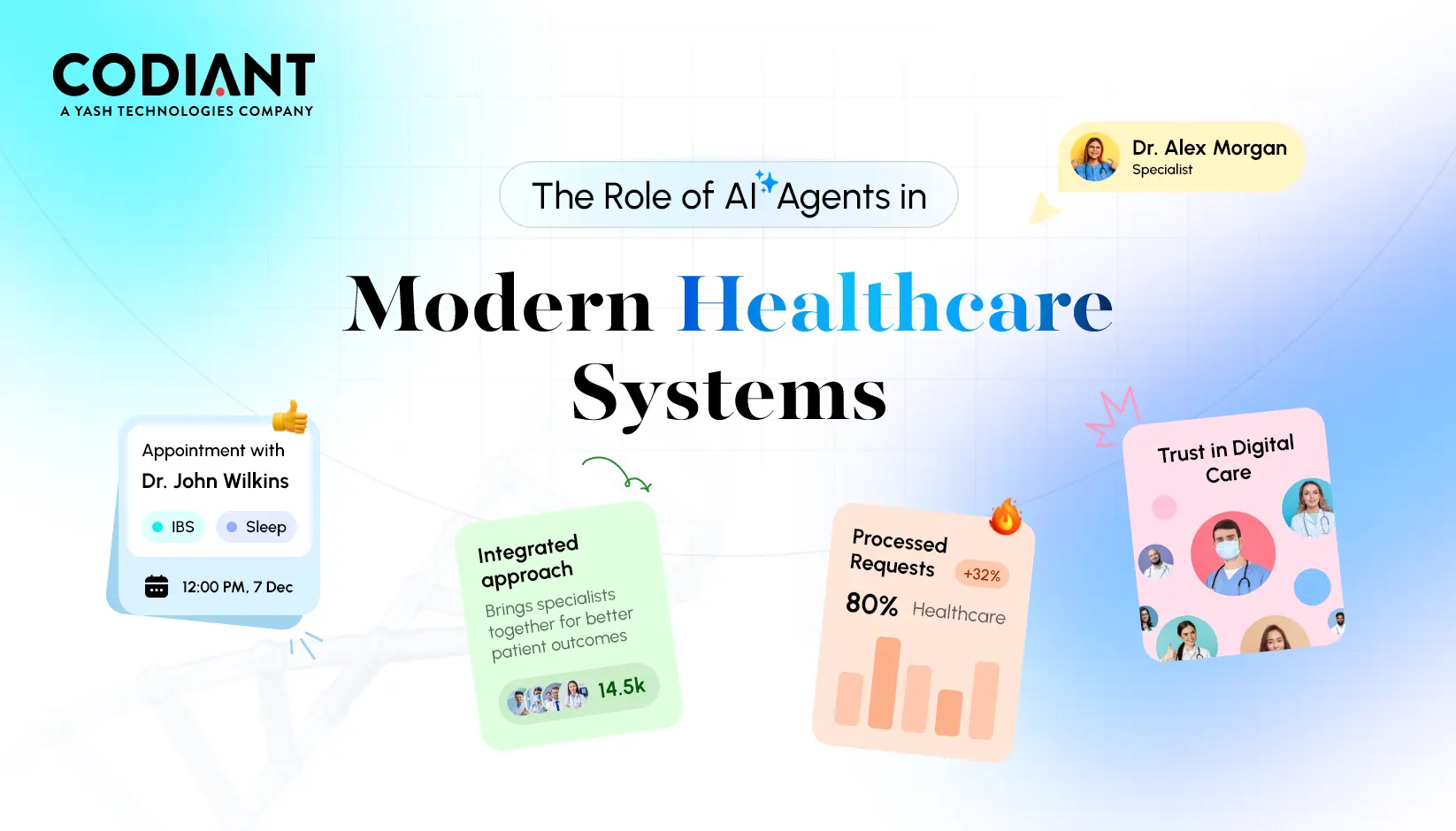What Is Online Reputation Management (ORM)? A Brief Guide
Table of Contents
Subscribe To Our Newsletter

All things internet- this is the new world where we live. Everything, everyone, and anyone is available on the internet today. From brands to celebrities, businesses to customers; all seeking each other either to proffer or to avail services.
However, this direct connection of business and customers comes with own set of challenges. Any content on a digital network, positive or negative, can make or break a business. Thus, directly impacting a business’s reputation. For that reason, businesses or brands, or public figures have to be vigilant round the clock to keep their image intact on the internet or digital channels.
That said, the brands, business, or a person that seek or apply strategies to monitor the reputation, address the content or any customer feedback online to maintain, enhance, or create a positive public perception online is known as Online Reputation Management (ORM).
The Logic Behind
ORM matters. Actually matters a lot. Research shows that one negative review takes away 22% of prospects and around 30 customers. Three negative reviews will take away 59.2% and more than four negative reviews will increase the lost customers by 70%. In a nutshell, the greater the negative reviews the greater is the percentage of customer lost.
A negative review changes customer perception towards the brand, tarnishes the business reputation, tumbles the revenue, and ultimately decreases the profits.
As a result, the accountability of online reputation management turns up.
Digging Deep : What ORM does not mean?
Online Reputation Management never means you’re hiding the news, deleting the negative reviews, wooing the media, or burying the news headlines. Instead, ORM helps you to deploy strategies that prepare you to confront feedbacks and customer opinions and improve online reviews.
Generally, the popular online review sites include Google My Business, Facebook, Yelp, Angi, Trip Advisor, Four Square, Yellow pages, among others.
The Need : Why Should You Care?
A brand is no longer what
we tell the consumer, it is what
consumers tell each other it is.
Scott Cook
Founder, Intuit
Your brand’s reputation is what people say about you.
Consumers before buying the products or services from you, “Google” you first. Check out what people say about you, look for customer opinions and recommendations.
A good example to emphasize this diring need of building a positive reputation can be explained by a few industry leading stats. It goes as:
- Two out of three people see the Internet as the most reliable source of information about a person or a business (Edelman Insights).
- When looking for a local business, 97% of people read online reviews (BIA Kelsey) — Businesses with excellent online reviews excel in the run of attracting more customers.
- Over 80% of reputation damage comes from a mismatch between the buzz and the reality (Digimind) — Companies with a lot of negative reviews miss out on profits and avenues to new opportunities.
- 79% of consumers place equal weight on both online reviews and personal recommendations.
- Online defamation by angry customers and former employees can destroy a business reputation.
In a nutshell, the better your reputation, the more you build brand awareness. And with Online Reputation Management, businesses choose to show what they want to show their audience. An ORM strategy generates smart insights to increase brand awareness.
What Does Online Reputation Management Involve?
ORM is a strategic combination of search engine optimization SEO, marketing, public relations, and legal to promote, protect and defend your online image or business reputation.
The basic plans for ORM typically involve the following activities:
- Deploying ORM software for review lifecycle management. The phases in this cycle include seeking user reviews, monitoring reviews, and promoting reviews. This review cycle helps brands in building trust and reputation, as well as attracting new customers.
- Giving response to both positive and negative reviews to express gratitude to customers for relying on the services or addressing the concern/issue.
- Actively prompting customers to leave positive reviews about the brand/business.
- Doing promotional activities or marketing of positive reviews through paid ads, newsletters, popular social media channels like Facebook, Instagram, LinkedIn, and other multiple owned channels like websites, apps, etc.
- Business profile development and social media profile optimization.
- Press release distribution, sponsoring contests and giveaways.
- Content marketing through blogs, articles, and web 2.0.
- On-page optimization of brand’s online assets.
Also Read: How to Make an Application Like Yelp?
The Direct Benefits of Building Online Reputation
- Attracts more business
- Generates good business insights
- Good reputation attracts better employees
- Increases sales and profits
- Improves customer experience
- Increases the brands’ exposure
- Builds trust and credibility
- Improves online visibility
Additional Benefits of an Excellent Online Reputation Campaign
- Focuses on building a positive brand image
- Ensures brands get a first good positive impression by the visitors
- Effectively encounters negative rumors and propagandas viraling out
- Turns cold visitors into prospects by its positive brand image and trust built up
How Codiant Can Help You to Manage your Online Reputation
Codiant’s framework for online risk and digital reputation management helps enterprises manage risks and threats from digital channels.
Our process to build a secure infrastructure of ORM for our clients comprises of:
- Analyzing the consumer sentiments taking the brand in the digital network.
- Monitoring keywords, digital channels, and stakeholders who can influence the most.
- Building a technology architecture to secure the digital assets and online ecosystem using monitoring tools.
- Preventing unauthorized access and fraud usage through devices like antivirus and firewalls.
- Kick starting the reputation management tasks to get better rankings, reviews, and conversions.
Featured Blogs
Read our thoughts and insights on the latest tech and business trends
How AI Agents Transform the Healthcare Sector?
- January 19, 2026
- Artificial Intelligence
In a Nutshell AI agents in healthcare go beyond automation by acting autonomously, learning continuously, and orchestrating workflows end to end not just generating insights. Agentic AI shifts healthcare from reactive to proactive, enabling early... Read more
Top 20 AI Development Companies in USA in 2026
- January 14, 2026
- Artificial Intelligence
In a Nutshell: The AI development companies USA businesses trust most are those that deliver production-ready AI, not just proofs of concept or demos. The best AI development companies USA combine AI engineering with full-stack... Read more
How Much Does It Cost to Develop an App in 2026? A Detailed Guide
- January 12, 2026
- Mobile App Development
If you’re planning to launch an app in 2026, you’re probably asking the same question every founder, product head, and business owner asks first: how much does it cost to develop a mobile app in... Read more




